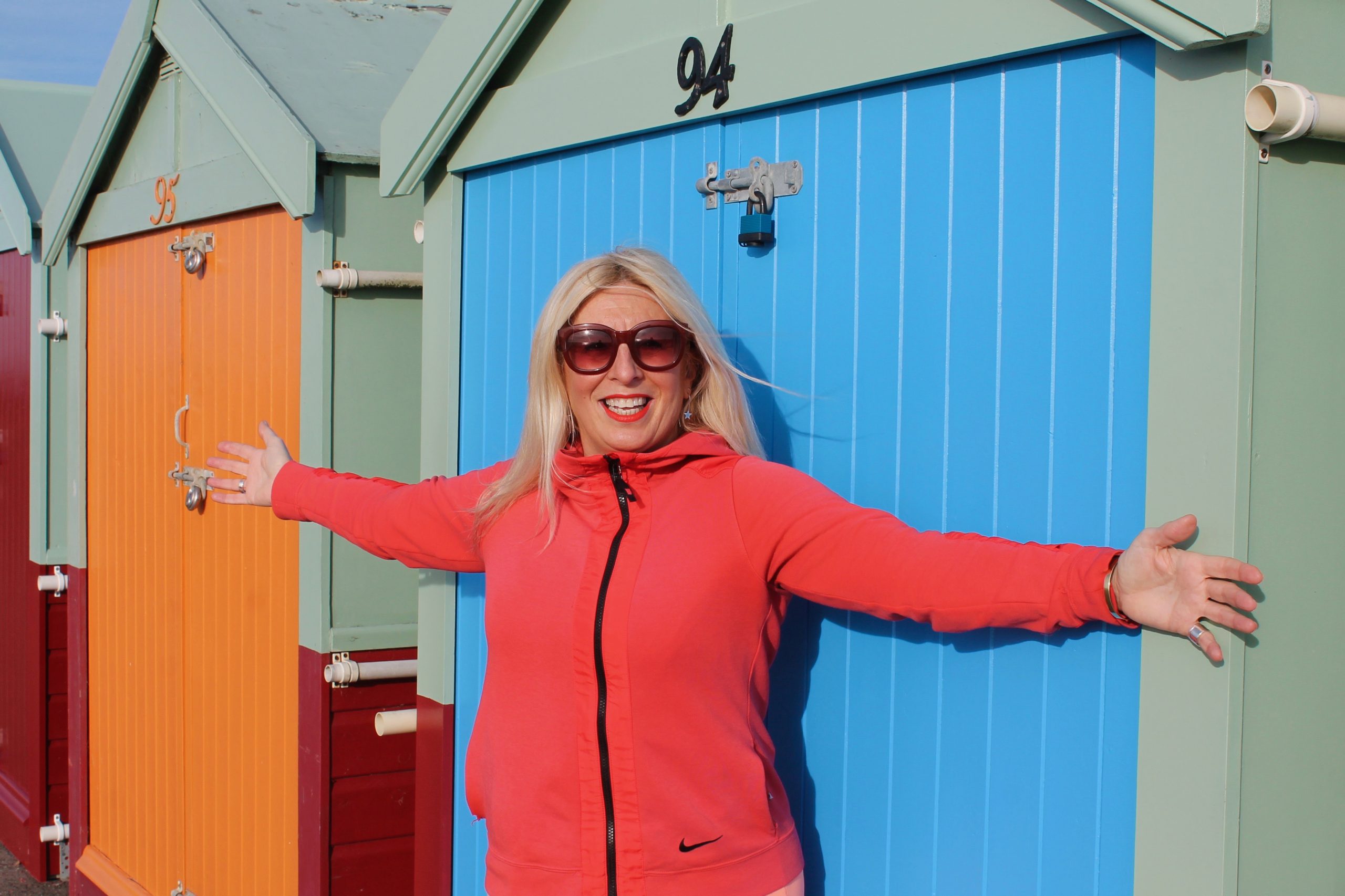Albion in the Community’s important breast cancer awareness month message

Albion in the Community is urging people to regularly check their breasts for signs of cancer as part of an ongoing campaign to raise awareness of signs and symptoms.
More than 200 women are diagnosed with breast cancer every year in Brighton and Hove, with one in eight women likely to develop the disease during their lifetime. Anyone can get breast cancer – including men – but it is most common in women over 50.
Symptoms include a lump or thickening in the breast area, discharge from a nipple, a change in the shape or size of a breast, and dimpling or puckering of the skin. Importantly, if caught early, more than 90% of breast cancers can be treated successfully.
October is Breast Cancer Awareness Month and as part of its ongoing Speak Up Against Cancer campaign, Albion in the Community is highlighting the importance of regularly checking your breasts for changes.
Speak Up Against Cancer is funded by NHS Brighton and Hove Clinical Commissioning Group and Public Health and aims to tackle local early detection rates. Albion in the Community staff work alongside local people who each have their own experience of cancer and volunteer their time to talk to others about what to look for and the importance of early detection.
Caroline Shaw who lives in Hove has shared her story to encourage others to do regular checks.
Caroline discovered a small lump in one of her breasts while taking a bath. She had followed the advice of a friend who is a nurse to check herself while in the bath or shower as a way of fitting weekly checks in to her busy life as a local fitness instructor. It was advice she would be glad she followed.
Caroline explained: “I felt what seemed like a small lump in my left breast right next to my nipple. I’d always had lumpy breasts, especially around my period, so I wasn’t too worried.
“I saw my GP who was glad I had done so and sent me for a mammogram (a special breast x-ray). Within a fortnight I was at the breast clinic at Preston Park, where the staff were great and made me feel very at ease. The mammogram was not painful, just a bit uncomfortable. While I was there, I had an ultrasound and a biopsy. Even after this I did not think anything was wrong.
“The following Friday, I went back to the breast clinic with a friend and was told I had cancer cells in my left breast. It was like being hit by a truck; I was in total shock. The doctor was wonderful, and the breast care nurse was so amazingly kind, reassuring me it was all going to be ok.”
Caroline then had a series of appointments, starting with an MRI, to see exactly where the cancer was. “After that,” she continued, “I met with my breast surgeon who told me he was going to do a lumpectomy and remove some lymph nodes to see if it had spread from the breast into the body.
“Having the lumpectomy was very easy, leaving only a small scar. Going to get results felt scary and I took along four of my friends who were obviously just as worried as me but lots of laughter got us through.
“Thankfully, it had not spread, which was a massive relief. But there were two other very small cancerous lumps in the breast and pre cancer cells, so the surgeon recommended I have a mastectomy. Even though the right breast was clear, I said straight away I wanted a double mastectomy – nothing to do with appearance – I just did not want the worry of it coming back in the other breast.
“I had a double mastectomy and reconstruction, and recovered really well physically, not needing any radiotherapy. After more tests, I got the good news I did not need chemotherapy either; I was all clear.”
Caroline maintained her active lifestyle during and after treatment and is now back running her own fitness sessions. “I was desperate to get back to exercise at my full capacity,” she said, “but had to adapt to my energy output to where it was making me feel good and not totally wearing me out.”
As part of its Brighter Outlook project, Albion in the Community provides free support to people who have an experience of cancer but want to stay active and help people to find the right level of physical activity before, during or after treatment for cancer.
What has her experience taught Caroline? “All I can say is make sure you check your breasts, and if you have any doubts at all, go to your GP, and if you get an invitation to go for a breast screening, do it, it might save your life.”
For more information on the signs and symptoms of breast cancer, visit: www.speakupagainstcancer.org.
For more information about Brighter Outlook, visit: https://www.bhafcfoundation.org.uk/brighter-outlook

